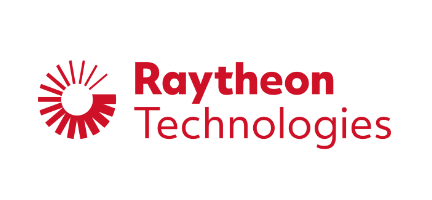 Taking a technology entrepreneurship course with Stanford University, I saw an example of what a professor gave to be an example of a bad business idea as Providing flights to Mars.
Taking a technology entrepreneurship course with Stanford University, I saw an example of what a professor gave to be an example of a bad business idea as Providing flights to Mars.
It however seems like Arno Wielders, co-founder of the Mars One Project, a company that plans to send people to Mars within a decade literally does not see that as much of a bad business idea!
According to Him, Being Born after the Apollo Lunar Landing robbed Arno of the opportunity to witness a historic period in the history of Space, and this serves as inspiration to him to boldly create Space history.
” I was too young to have watched the landing on the moon and want to see humans somewhere beyond LEO, in the galaxy…. I would like to see something great”, says Arno Wielders.
His company, Mars One Project plans to form a human colony on the planet, which has been the highlight of the space industry with the recent landing of the Curiosity Mars Rover by NASA and its current 2-year mission on the red planet.
In Mars One’s scheme of operations, a set of rovers will fly to Mars in advance to sight a suitable site for the colony. Subsequent trips will then include the habitation structures as well as supply of food for 4 years before the humans who will be permanently settling on the red planet arrive.
Seemingly ambitious, the project does not require technology outside the domain of today’s frequently used space transportation systems.
Commenting on skepticism about the need for space exploration, a NASA Martian scientist in attendance alluded to humanity’s urge to push boundaries as a driving force to space programmes, with Arno re-iterating on the massive development that space exploration has spurred in many areas including satellite communications.
During a live Question & Answer session on the 26th of October at the National History Museum, resource personnel including Arno Wielders, an Astronaut Trainer in the European Space Agency, NASA Mars Mission Official and Science and Technology Curator of the National History Museum engaged people in attendance discussed about diverse areas of concern or inquiry on Martian exploration. After asking “Should we go to Mars?” to a staff directing people to the meeting room sparked laughter, unsurprisingly the event was marked with friendly atmosphere with people as young as 12 to much older people beyond the age of 60, who all shared a common bond being part of the ‘Space Generation’.
Would you go on a one-way trip to Mars? Check out the website:
“The writer of the article is an Aerospace Engineering student at Queen Mary, University of London who is passionate about entrepreneurship & STEM Education. You may contact him via email on: [email protected], follow him on Twitter @nanajamie1 or connect with him on Facebook, James Larbi.”









No comments yet.